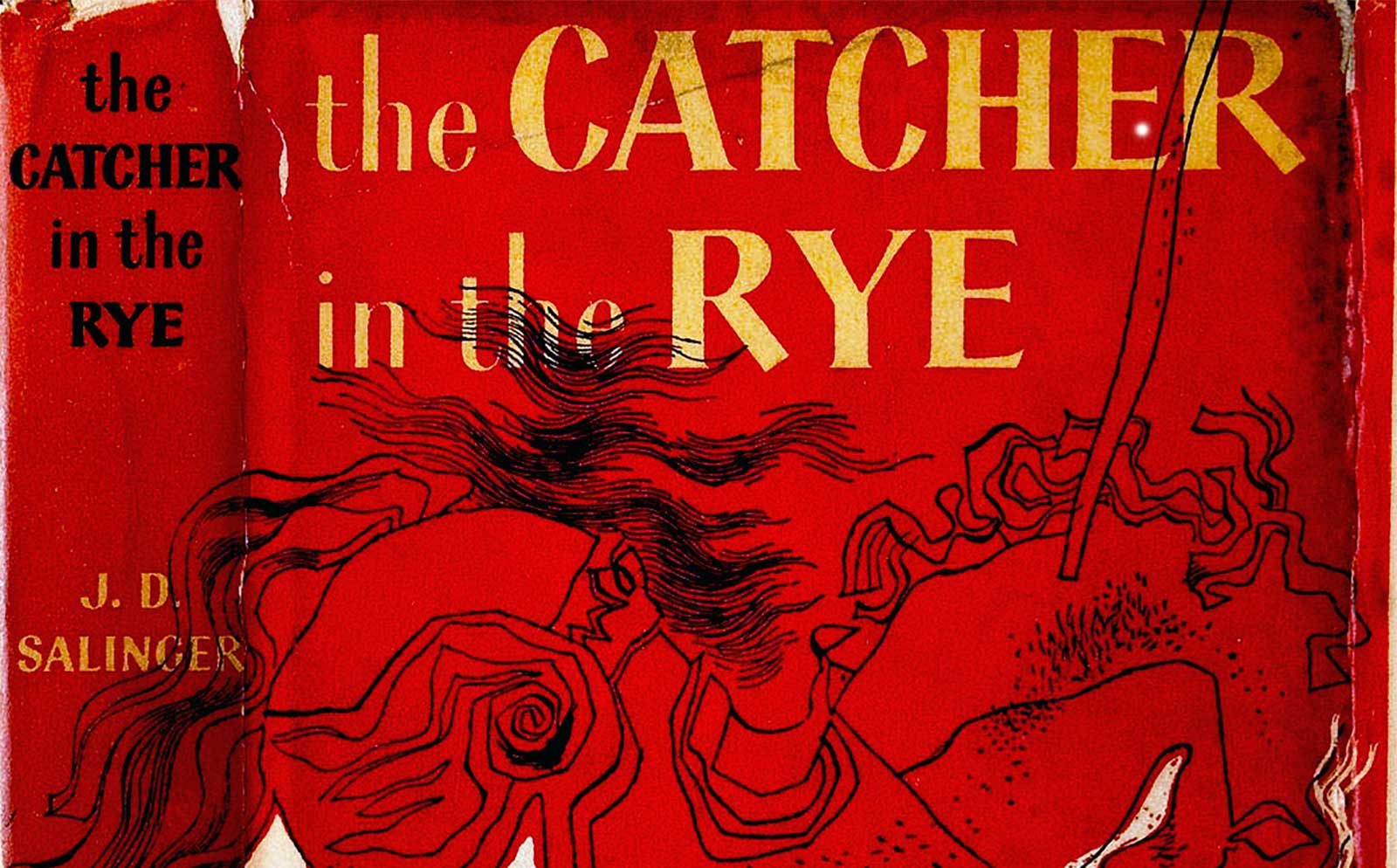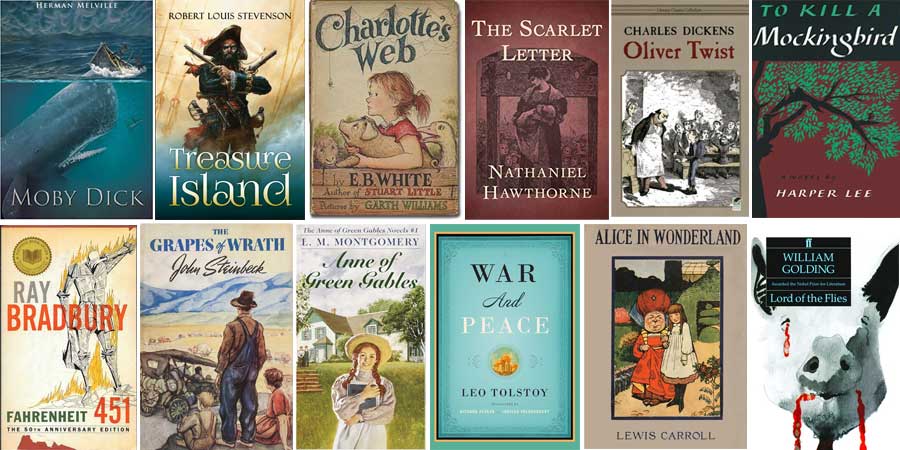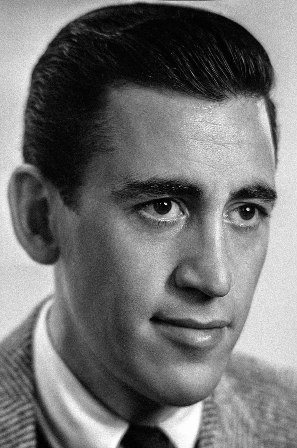Aspiring Authors Should Read “Catcher”

As an avid reader and passionate wordsmith, I feel it’s important to broaden my knowledge of the literary world. From time to time, I settle in with a good classic. Reading the classics not only gives us historical context for the literary world, it can help us develop our writing skills.

Appreciation For Classic Literature
I’ll admit that my foray into the world of Charles Dickens was a bit of a struggle. I began with A Christmas Carol because it was a familiar story. Already knowing the story helped me fill in the blanks in those places where the language baffled me. Once I was able to overcome my frustration with some of the archaic Victorian terminology, I realized just how great a writer Charles Dickens was. As a storyteller, he had an amazing ability to observe his world and record an era and lifestyle in a way that will continue to be enjoyed for many generations. Although his stories were from a different time, the morals, values, and tendencies that he described will be and always have been indelible characteristics of human nature.
After that first experience with classic literature, I took on Great Expectations and discovered that I did indeed love classic literature. So much so that I began a more serious pursuit of historical novels by great authors. I have since read The Secret Garden, Little Women, Lord of the Flies, Frankenstein, and selections from Mark Twain. Many other classic novels are waiting on my reading list.
The Intrigue of The Catcher In The Rye
As I was selecting more classics to add to my bookshelf, I became intrigued by Catcher In The Rye. There is so much controversy and conspiracy surrounding the book, I became obsessed with finding out why.
To be perfectly honest, I still don’t understand the appeal.

The novel is hyped as the “greatest coming-of-age story ever written.”
Is it? Is it really?
I personally didn’t enjoy it. I can appreciate it, but I didn’t enjoy it.
Why The Catcher In The Rye Is Badly Written
From a point of view based solely on the quality of the writing, Catcher is not well-written. In my opinion, J. D. Salinger was not a good writer. His repetitive tendencies, stellar lack of imaginative word choice, and constant digression into extreme tangents are mind-numbing to say the least.
I was tempted to re-read the book and make notes of how many times Salinger used the phrase “and all,” “if you want to know the truth,” and “goddam.” His frequency toward referring to someone as “old Phoebe” (or whomever the character he was referring to) was annoying. The novel was only 214 pages, but if all the extraneous and irrelevant digressions were removed, I suspect Catcher would have been a short story instead of a full-length novel.
I was starting to feel sexy and all, but I was a little nervous anyway. If you want to know the truth, I’m a virgin. I really am. I’ve had quite a lot of opportunities to lose my virginity and all, but I’ve never got around to it yet.
The Catcher In The Rye, pg 92.
In one paragraph, for example, Salinger uses the word “goddam” so many times that it becomes nothing more than a filler word.
… when you ride the goddam bus with him, and my aunts – I have about fifty aunts – and all my lousy cousins … They all came when Allie died, the whole goddam stupid bunch of them … The only good thing, I knew she wouldn’t let old Phoebe come to my goddam funeral because she was only a little kid. That was the only good part. Then I thought about the whole bunch of them sticking me in a goddam cemetery and all, with my name on this tombstone and all.
The Catcher In The Rye, pg 155.
Some Bad Books Are Worth Reading
I’ve read (or tried to, anyway) several badly written books. Under normal circumstances, I don’t bother to continue if they’re that bad. Time is far too precious. And yet, I continued to read Catcher. I was intrigued enough to find out why this book has been touted as the “Great American Novel” and a timeless classic.
Yes, I read Catcher all the way to the end. And I will be a better writer for it. It allowed me to see the mark of “greatness” from a different perspective. One thing this novel is not, is timeless. It is that idea that kept me reading to the end.
Despite all its shortcomings and grammatical failures, Catcher captures a moment in time that we have forgotten. I made the mistake of reading this book with the thought that it could be mistaken for a modern story or a recent re-telling. As I slogged through the word soup that is J. D. Salinger’s novel, there where clues and reminders that this book is more than 70 years old.
Times (And Writing) Have Changed
Written and published in 1951, Salinger adopted the language, slang, and ideals of his time. In post-war America, books and novels were written differently. Magazine articles focused on topics that were important to people back then, but which are of no interest or are no longer relevant to us today.

As an author and wordsmith, I read the word “goddam” and wondered why Salinger repeatedly used a word that was so insipid. But I had to remind myself that in 1951, that word was far from being considered docile. In that more genteel era, it would have triggered intense reaction from readers. The reason Salinger used it so often was for its shock value.
In the Edwardian era, early twentieth century, it was obscene for a lady to expose her ankles in public. Today, we barely turn our heads and blush when we see a female shopper wearing nothing more than a G-string bikini in Walmart.
Times have changed. And so has literature.
Salinger’s examination of a teen boy struggling with his transition to adulthood seems rather tame when compared to the trials and tribulations of today’s youth. But back then, the world was a very different place and Salinger was recording his observations of the world he knew.
Why Aspiring Authors Need To Read The Catcher In The Rye
I learned a lot from reading The Catcher In The Rye. For one thing, it is a reminder that no matter how great my novel is, no matter how well written, a hundred years from now, it may no longer be “great.” Chances are that it will become old and obsolete. It will be forgotten. If it isn’t forgotten, a future reader may find themselves rolling their eyes at a concept that I thought was edgy and modern.
Catcher reminded me that fads and trends change even in writing and novels. Those things that were once acceptable may no longer be and vice versa. This is often the case with Catcher as it falls in and out of favor with educators and, of course, it will always be the bane of book-burning zealots.
However, no matter how edgy, controversial, historically significant, or trend-setting a book may be, it still needs to be well-written. Great Expectations is 160 years old and yet, even by modern standards, it was well-written. Charles Dickens was a good writer. In my opinion, J. D. Salinger was not.
Although Catcher will forever be part of American classic literature, that doesn’t change the fact that it was badly written. It could have been so much better if Salinger had simply expanded his vocabulary or stuck to the point of his story. So many aspects of Catcher are an example to aspiring writers of what not to do.
How To Be a Better Writer
Expand your vocabulary. Readers will become bored if you’re using the same words and phrases over and over again. Include specific details to paint a clearer image of a scene in your reader’s mind. Going off on tangents is okay as long as they are infrequent, kept short, and are relevant to the progression of the story. Obscenities can be a good way to individualize your characters and give them a unique personality, but don’t overdo it. Swear words and shock points should be kept to a minimum or they will quickly lose their value.
The Catcher In The Rye may (or may not) have been a badly written book, but it still holds great intrinsic value to the aspiring writer.
